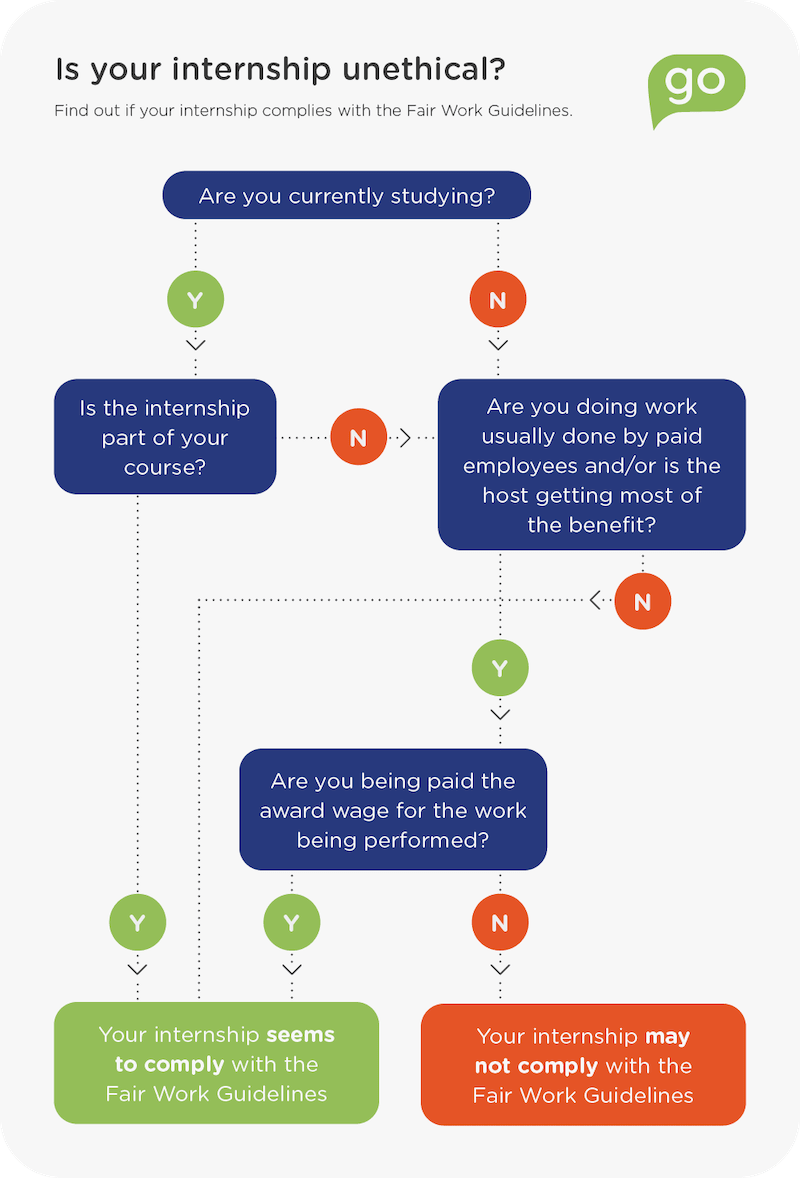We’ve always been very vocal at Give a Grad a Go about not supporting unpaid internships.
The rise of unpaid internships comes from high numbers of graduates desperately seeking work experience, and employers exploiting a loophole in the law to get free labour.
In particular, this loophole is that the word “intern” is not legally recognised under the National Minimum Wage act.








